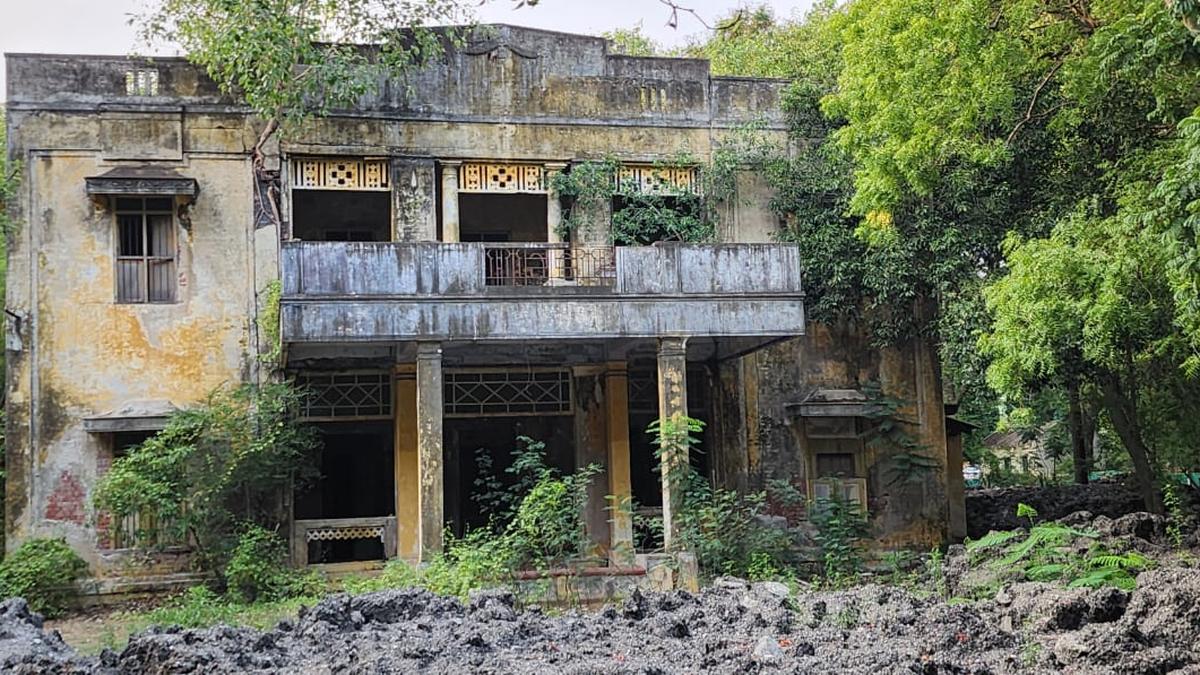Now Reading: Justice Postponed Once More
-
01
Justice Postponed Once More
Justice Postponed Once More

Quick Summary
- 2008 Malegaon Blast Case: A special NIA court acquitted all seven accused, including BJP MP Sadhvi Pragya Singh Thakur, in the Malegaon blast which killed six and injured 95 people.
– maharashtra ATS initially charged the accused as ‘Hindutva extremists,’ followed by NIA investigation.
– Court criticized lapses and inconsistencies in evidence presented by investigating agencies like NIA and ATS.- Special Judge A.K. Lahoti stated witness testimonies were unreliable and upheld that terrorism has no religion, stressing convictions cannot be based on perceptions alone.
- 2006 Mumbai Train Blast Case: Bombay High Court acquitted all 12 accused involved in serial train blasts killing 189 people and injuring 824.
– Investigation discrepancies raised – procedural flaws, delayed witness statements (100 days), inconsistent evidence, coercion allegations regarding confessions.- High Court criticized both Maharashtra ATS and trial convictions due to inconclusive circumstantial evidence.
- Both verdicts have triggered concerns from civil society about political influences and leave victims awaiting closure years after tragic events.
Indian Opinion Analysis
The recent judgments on two high-profile terror cases – spanning nearly two decades of trial processes – underscore serious gaps within India’s criminal justice system. Systemic errors like unreliable investigations, prolonged legal delays, coerced confessions, or lack of substantive evidence reflect foundational weaknesses in ensuring accountability among investigating agencies such as ATS or NIA.
The implication for India’s judicial mechanism is significant: if law enforcement fails to conclusively prove guilt via robust procedures adhering to legal standards of proof, victims are deprived of justice while alleged perpetrators walk free amid controversy over perceived bias or inadequate scrutiny of extremist links.
While courts rightly emphasize “perceptions cannot convict,” reforms are imperative to overhaul investigative practices to avoid deepening public mistrust toward institutions meant to uphold fairness under law-especially when dealing with crimes causing irreparable societal scars across communities nationwide.
























